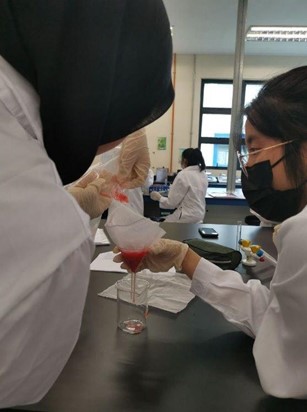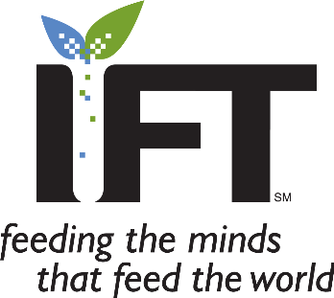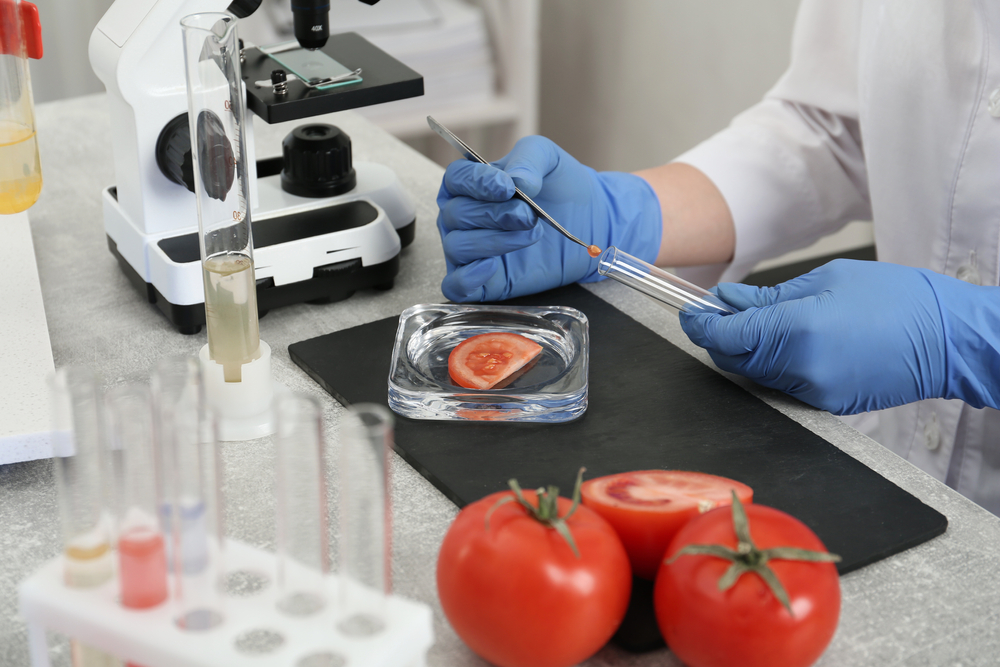
Many dream of becoming scientists from a young age, imagining a future of discovery and innovation. If you’re passionate about Biology, Chemistry, Physics, or food science, a career as a food technologist could be your path. Food technologists are scientists who research, ensure quality control, and oversee food production. Mastery of subjects like food chemistry, microbiology, processing, and sensory evaluation is a must to improve products’ nutritional value and shelf life.

The Institute of Food Technologists (IFT) certifies professionals as food scientists. According to the IFT, food technologists should have innovative thinking and inclusive collaboration with others. Food technologists should think outside the box and be passionate about the mission and vision of IFT. A successful food technologist is creative and driven by the IFT’s mission and vision. If you want to join this field, explore the IFT’s guidelines and resources for a head start.
Despite the growing demand for food technologists, Malaysia still has a relatively low number, with only 493,000 professionals in the field as of 2022, according to Statista. The need for skilled food technologists has surged as the food industry evolves and grapples with a global food crisis. These experts play a vital role in addressing pressing challenges and ensuring the safety and sustainability of our food systems. Furthermore, everyone from all walks of life always seeks healthy and delicious food. Hence, the demand for food technologists in the food field increases to invent or create new food that is palatable for everyone and healthy to eat.
The job of food technologist serves various sectors within the food industry, applying their expertise to ensure food safety, quality, and innovation. For example, food technologists can serve as civil servants in the government if they meet the qualifications to work in the Food Safety and Quality Division (FSQD), which is responsible for implementing the Food Act 1983 and its subsidiary legislation, the Food Regulations 1985. They may also work with the National Food Safety and Nutrition Council, the government’s primary advisory body on food safety under the Ministry of Health (MOH) Malaysia.

In a factory setting, food technologists ensure compliance with strict industry and government regulations regarding food safety and hygiene. In addition, they are also responsible for ongoing research and development to address health concerns related to food. For example, they seek healthier fat alternatives to replace harmful trans and saturated fats commonly found in partially hydrogenated shortening, which are associated with an increased risk of heart disease due to their high saturated fatty acid content. This highlights the essential role of food technologists in creating healthier food options for consumers.
Food technologists have a vital role in advancing sustainability in the food business. Their efforts focus on reducing carbon emissions, incorporating plant-based ingredients, and minimising reliance on artificial additives and preservatives to lessen food production’s environmental, social, and economic impacts. For instance, plant-based food products typically generate lower greenhouse gas emissions and require fewer resources than animal farming.
Reflecting on the vital role of food technologists reveals that this profession is at the forefront of innovation and sustainability in the food industry. Those who pursue this path are not just scientists; they are pioneers committed to ensuring food safety, enhancing nutrition, and creating sustainable solutions for people and the planet. Becoming a food technologist offers numerous opportunities to make a meaningful impact, from developing healthier food options to tackling global issues like food security and environmental sustainability. If you’re passionate about science and improving our food systems, embrace this path enthusiastically. The future of food relies on creative thinkers like you, ready to change the world with nutritious products and inspire generations to come.




